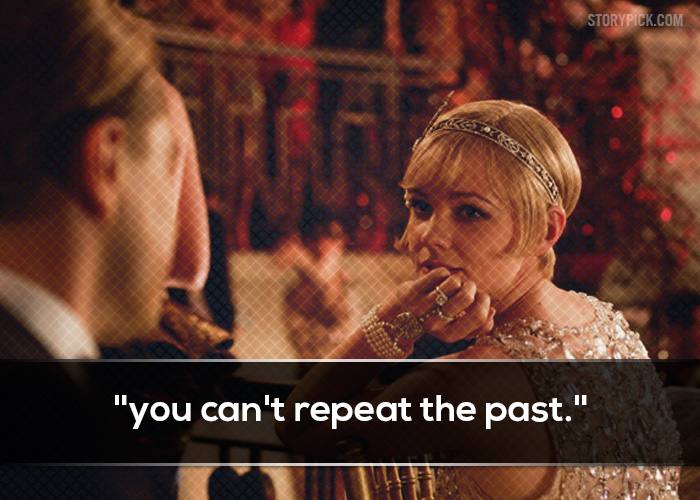Quotes about greed in the great gatsby – In F. Scott Fitzgerald’s iconic novel, The Great Gatsby, greed emerges as a pervasive force, shaping the characters’ actions and destinies. This essay delves into the novel’s exploration of greed through a meticulous examination of key quotes that illuminate its multifaceted nature.
Through a comprehensive analysis of these quotes, we uncover the ways in which greed corrupts individuals, undermines relationships, and distorts the pursuit of the American Dream.
Introduction: Quotes About Greed In The Great Gatsby

F. Scott Fitzgerald’s masterpiece, “The Great Gatsby,” delves into the alluring yet destructive nature of greed. This essay analyzes key quotes from the novel that illuminate the theme of greed and its profound impact on the characters and their pursuits.
Key Quotes

“The world is divided into two classes—those who work and those who take.”– This quote reflects Tom Buchanan’s belief that wealth and power entitle him to exploit others. His greed drives his selfish actions and his disdain for those he deems inferior.
“You can’t repeat the past.”– Daisy Buchanan’s assertion highlights the futile nature of Gatsby’s quest to recreate the past. His relentless pursuit of wealth and status is ultimately motivated by a desire to reclaim what he has lost, a goal that proves impossible.
Characters and Greed, Quotes about greed in the great gatsby
Greed corrupts the characters in the novel, driving their actions and shaping their relationships. Gatsby’s insatiable desire for wealth and Daisy’s longing for a luxurious lifestyle lead to their tragic downfalls.
Tom Buchanan: Tom’s arrogance and greed stem from his inherited wealth. He exploits others, including his wife Daisy, and views them as objects to possess.
Daisy Buchanan: Daisy’s superficiality and materialism lead her to marry Tom despite her lack of love for him. Her greed for a lavish lifestyle blinds her to the true value of relationships.
The American Dream and Greed
The novel explores the corrosive effects of greed on the American Dream. Gatsby’s pursuit of wealth and status becomes a symbol of the corrupted values that undermine the ideals of hard work and opportunity.
Gatsby’s Dream: Gatsby’s dream of wealth and social acceptance is fueled by his belief in the American Dream. However, his relentless pursuit of material possessions ultimately leads to his downfall.
The Green Light: The green light at the end of Daisy’s dock represents Gatsby’s unattainable dream. His obsession with it symbolizes the corrupting influence of greed on his aspirations.
Symbolism and Imagery
Fitzgerald uses symbolism and imagery to convey the theme of greed. The Valley of Ashes, for example, represents the desolate wasteland created by the pursuit of wealth.
The Valley of Ashes: The Valley of Ashes symbolizes the moral and physical decay caused by greed. It is a desolate wasteland where the poor and forgotten live, a stark contrast to the opulence of the Buchanans’ mansion.
The Eyes of Dr. T.J. Eckleburg: The eyes of Dr. T.J. Eckleburg, overlooking the Valley of Ashes, represent the judgmental gaze of society and the emptiness of the American Dream.
Themes and Connections
The theme of greed in “The Great Gatsby” intersects with other themes, such as love, loss, and the pursuit of happiness. The novel explores the destructive nature of greed and its ability to corrupt individuals and undermine human relationships.
Love and Greed: Gatsby’s love for Daisy is corrupted by his greed for wealth and status. His obsession with material possessions prevents him from truly understanding or appreciating Daisy.
Loss and Greed: The novel depicts the tragic consequences of greed, as characters lose their relationships, their dreams, and even their lives in pursuit of material wealth.
Questions and Answers
What is the significance of the green light at the end of Daisy’s dock?
The green light symbolizes Gatsby’s unattainable dream of recapturing the past and winning Daisy’s love.
How does greed contribute to Gatsby’s downfall?
Gatsby’s relentless pursuit of wealth and status ultimately leads to his downfall, as it alienates him from those who truly care about him.
What does the character of Tom Buchanan represent?
Tom Buchanan embodies the corrupting influence of wealth and privilege, using his power to manipulate and control others.
